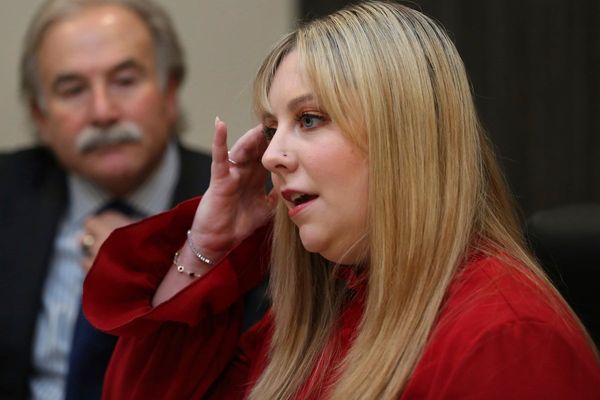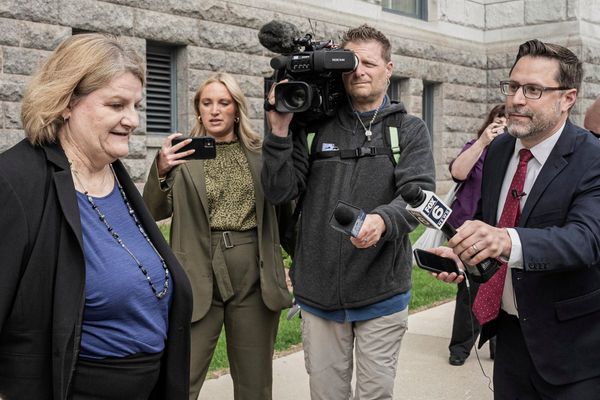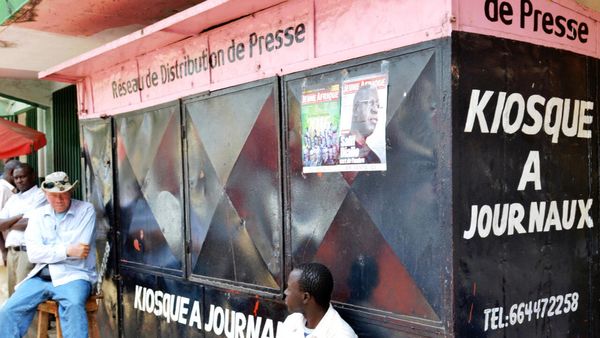Kim Yong Nam, the only senior North Korean official outside the Kim family bloodline to serve for two decades as the regime’s ceremonial head of state, has died at the age of 97.
Kim Yong Nam died on Monday from multiple organ failure following a cancer diagnosis, North's Korean Central News Agency (KCNA) reported.
He served as the president of the Presidium of the Supreme People’s Assembly (SPA) – the country’s rubber-stamp parliament – from 1998 to 2019, a position that made him the country’s nominal head of state even though all real power lay with the Kim family.
Known for his unwavering loyalty to the Kim dynasty, Kim Yong Nam served in various roles across three different regimes, starting with the country's founder Kim Il Sung and his son Kim Jong Il before retiring under the rule of Kim Jong Un.
On Tuesday, Kim Jong Un attended his funeral bier and offered his deep condolences, KCNA reported.
"Comrade Kim Yong Nam faithfully upheld the party's ideology and leadership and displayed his distinctive competence and experience on the international stage, making notable contributions in the history of our country's politics and diplomacy," KCNA said.
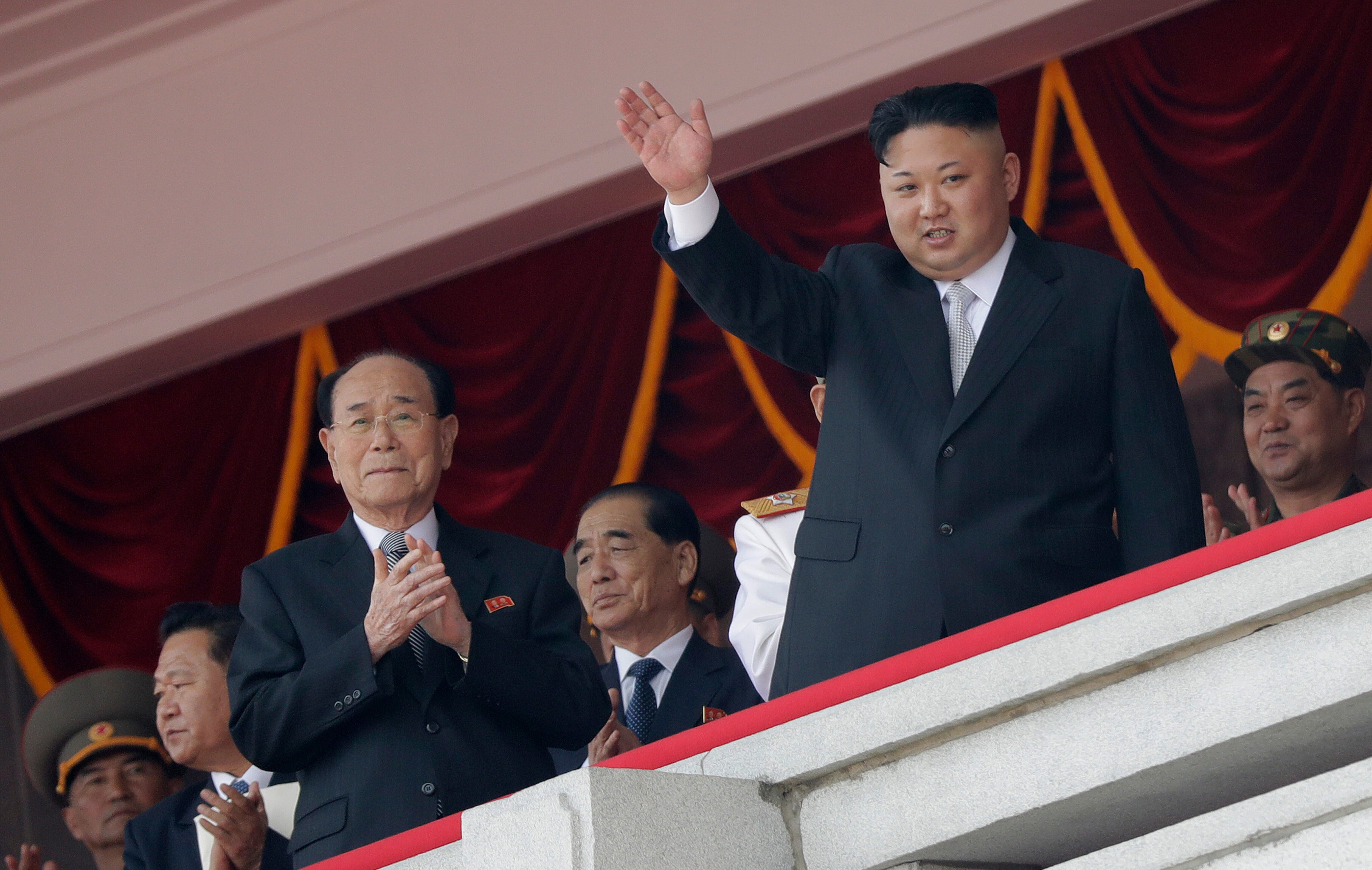
North Korea will hold a state funeral for Kim on Thursday. It has released a list of 100 funeral committee members, with Kim Jong Un's name at the top.
Kim was born in 1928 to a family of what state media described as "anti-Japanese patriots" during Japanese colonial rule in the Korean Peninsula. A native of Pyongyang, Kim studied at Kim Il Sung University and Moscow State University in Russia.
A political career spanning 65 years began in the mid-1950s when Kim joined the ruling Workers’ Party of Korea.
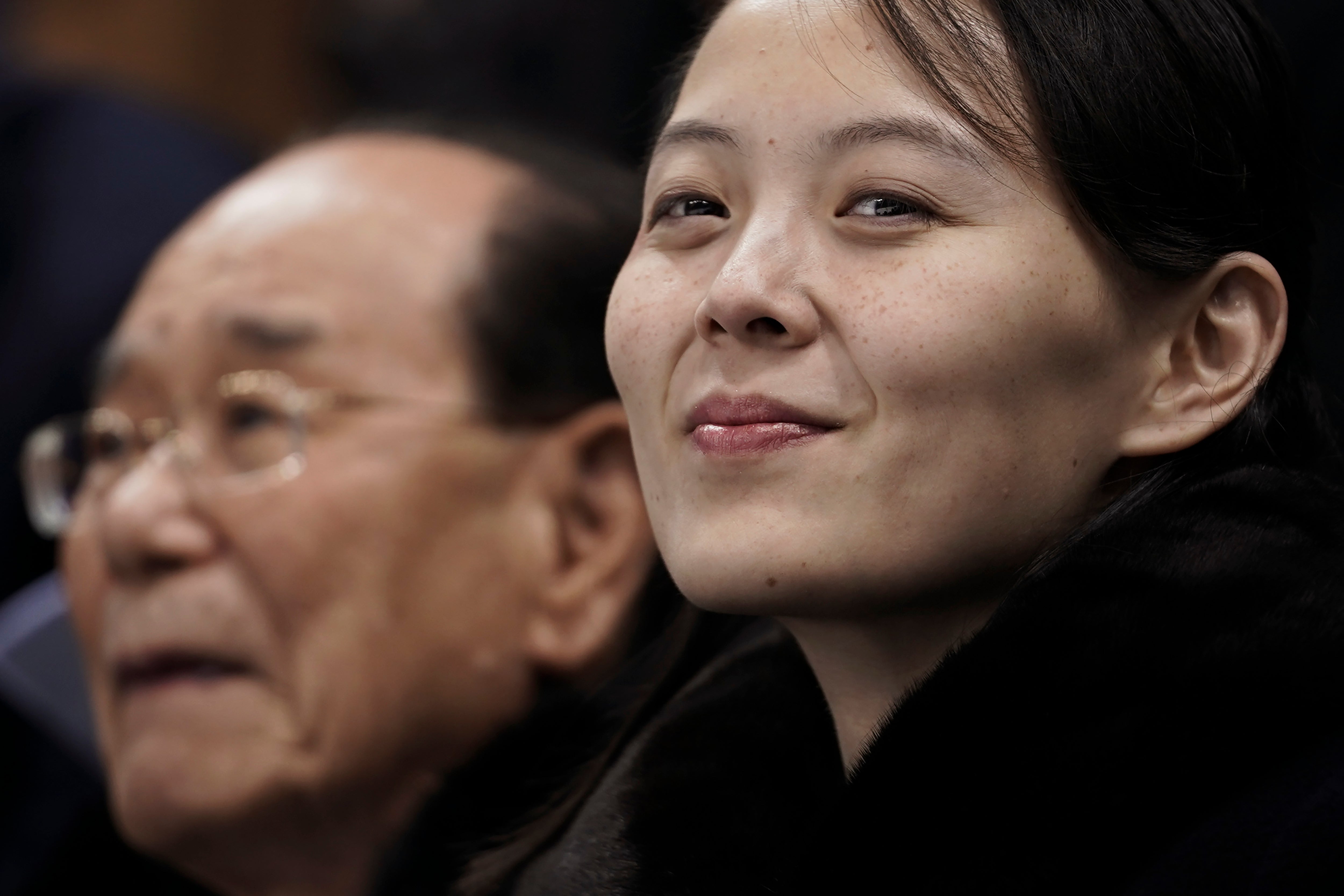
He rose steadily through the ranks of the regime’s bureaucracy, gaining a reputation for his discipline, loyalty, and mastery of state propaganda. By 1978, Kim had been appointed to the powerful Politburo, marking his entry into North Korea’s political elite.
He served as foreign minister for 15 years, staring in 1983, overseeing Pyongyang’s international relations during a particularly isolated and turbulent period for the regime.
And he became the country’s most senior official outside the Kim dynasty when he was appointed as the ceremonial head of state in 1998, a position he held for two decades.
His last notable event representing North Korea on the world stage came with the 2018 Winter Olympics in PyeongChang, South Korea, where he sat near US vice president Mike Pence and met South Korean president Moon Jae In.
He traveled there with Kim Jong Un's influential sister, Kim Yo Jong.
South Korean unification minister Chung Dong Young, a supporter of greater reconciliation with North Korea, remembered the visit as an important contribution to enhancing North-South.
“I also recall I had meaningful talks with him about peace on the Korean Peninsula and development of South-North Korea relations" during meetings in 2005 and 2018, both in Pyongyang, he said.
Kim Yong Nam's influence waned due to his advancing years, and in April 2019 he was replaced by Choe Ryong Hae, one of Kim Jong Un's close confidants. Choe had previously served as the top political officer of North Korea’s military.
Former Washington Post reporter Don Oberdofer described Kim as a “puzzling figure” in his book The Two Koreas.
“In greetings before business began, he was cordial and relaxed, but once at work, he relentlessly followed his script in a way that reminded of former Soviet foreign minister Andrei Gromyko," he wrote.
Expressing deep condolences, China on Tuesday said Kim Yong Nam "made significant contributions to the development of traditional friendly and cooperative relations between China and North Korea”.



